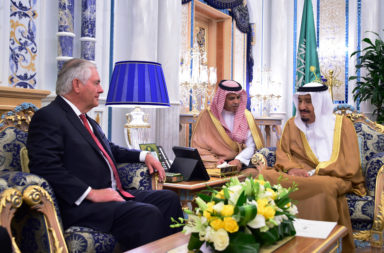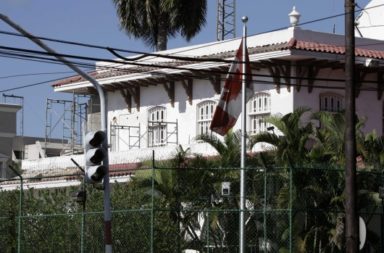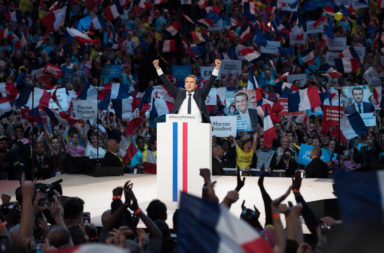The world of diplomacy has changed during the years. One of the key drivers in this phenomenon is the rise of the internet and a vast number of different digital services such as Facebook, Twitter, YouTube, Instagram, LinkedIn, WhatsApp, free email services and many others, which enable us to practice instant digital diplomacy.
At the same interdependence between countries has increased thanks to globalisation. Some countries have seen possibilities in this rapid change, and they have modernised their way to practice diplomacy in the modern world. Some countries have not been able to analyse the change, and adapt their activities to fit to the changing landscape.
Digitalisation means that some countries are more international than ever before, and they have increased the amount of international activities compared to the years before the internet. There are more international players in the field of diplomacy. Some actors might be even more powerful in foreign affairs than their embassies. However, stakeholder groups have not changed, which are:
- Head of states
- Governments and ministers
- Members of parliament
- Diplomats and other government officials
- Public institutions
- Businesses and entrepreneurs
- Media
- NGOs
- Universities and schools
- Independent professionals
In some situations, independent professionals might be quite powerful in global issues because they might have the required authority to influence other countries because they have vast global support. Many actors and artists are very active in social causes. The Rolling Stones have supported Doctors Without Borders, UNHCR, WhyHunger and many others with success.
One of the most publicised events of celebrity influencing a foreign statesman was when Singer Rihanna influenced President of France Francois Hollande concerning education issues. Rihanna was promoting the causes of Global Citizen, an international social community around global issues. Rihanna continued her fight for social issues by approaching Canada’s Prime Minister Justin Trudeau and the United Kingdom’s Prince Harry. Individuals can make a difference.
Some people still think that head of states, ministers and diplomats are the only ones who can influence global affairs. Therefore, countries which want to practice modern diplomacy have to redesign the whole concept of diplomacy for the new world. Non-government actors should be added to the list, and they should be encouraged to act.
Embassies can also change their ways to fit into the changing world. As an example, Denmark has appointed a Silicon Valley Ambassador, who is in close cooperation with Apple, Google, Microsoft and many other tech companies that have the capability to influence domestic and global politics. Artificial intelligence, digitalisation, blockchain, machine learning, robotics, big data, the internet of things, new energy sources, more developed renewable energy sources such as SolarCity, new transportation innovations such as SpaceX, Tesla Motors and Hyperloop are shaping our future.
Some tech companies are even more influential than certain countries on the global stage. Silicon Valley Ambassador is an example of how embassies can grow their importance by adapting to change, and modernise their positions, and the way how they behave.
There are multiple actors practising diplomacy, which makes the environment quite complex. However, this does mean that the importance of official diplomacy between countries is over. The official diplomacy creates the eclectic environment and space for unofficial actors to practice their diplomatic activities. Therefore, it can be coordinated to a certain point, and directed to a wanted destination.
The United States is one of the best examples of eclectic and modern diplomacy because it practices positive and constructive policies around the world. This is one of the reasons why the US is for most foreigners and immigrants the number one country to emigrate to if they decide to leave their home countries. Also, the US is a lucrative country for businesses, students and individual professionals.
Modern diplomacy has many benefits because it can leverage a country’s position on the global map. Suddenly, a country, which has had a low amount of diplomatic resources in the past, can have a vast number of diplomatic resources.





